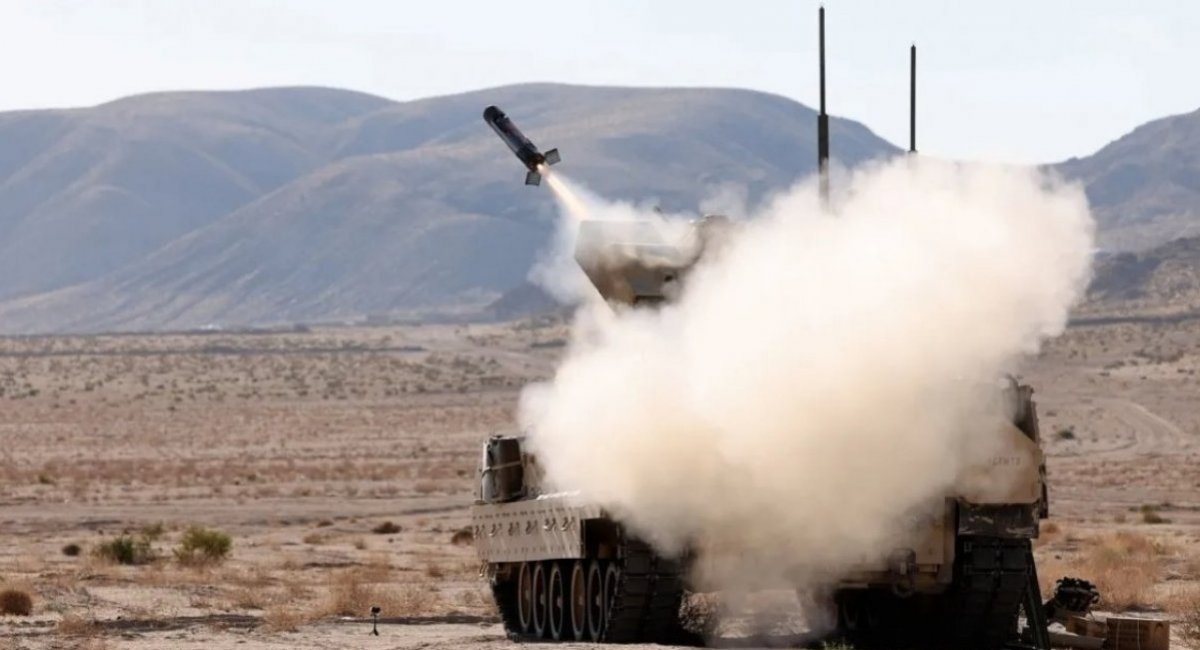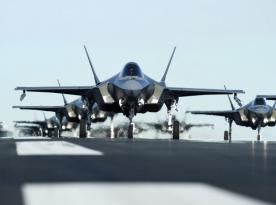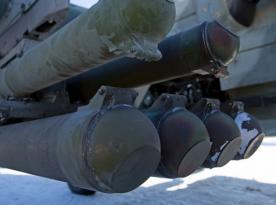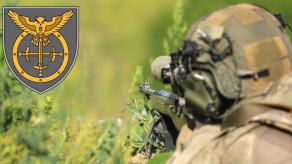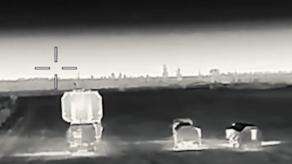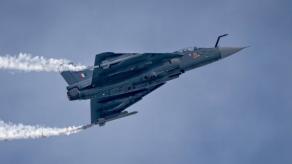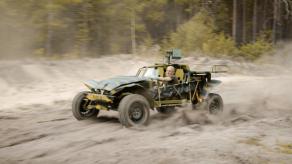In March 2025, during the Project Convergence-Capstone 5 event at Fort Irwin, California, a Bradley infantry fighting vehicle was photographed launching a mysterious munition from its standard BGM-71 TOW launcher. At the time, it was referred to only as the "670," and it looked like nothing seen before.
Now, this munition is revealed by The War Zone as the Coyote LE SR, a new variant of the Coyote family of loitering munitions typically used for counter-drone operations, as confirmed by the manufacturer, Raytheon.
Read more: U.S. Army Test-Launched Mysterious Missile-670 From a Bradley: It Could Be Anything But ATGM
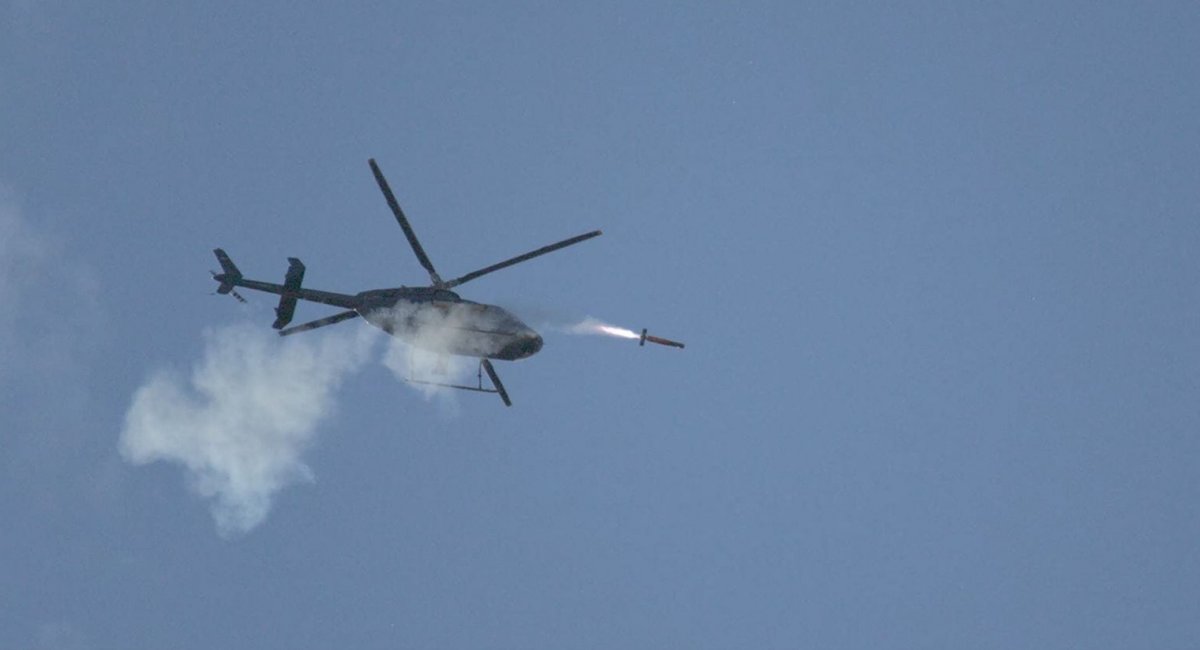
Worth noting, this was not the first test of the system, as another occurred the same month from a helicopter. Originally designed for single-use anti-air applications in Coyote Block 1 and Block 2 versions, the LE SR and Block 3 variants have shifted toward reusability.
These newer models can carry modular payloads for reconnaissance, electronic warfare, communication, and precision strikes — potentially referring to payloads with signal relay function and direct attack via collision.
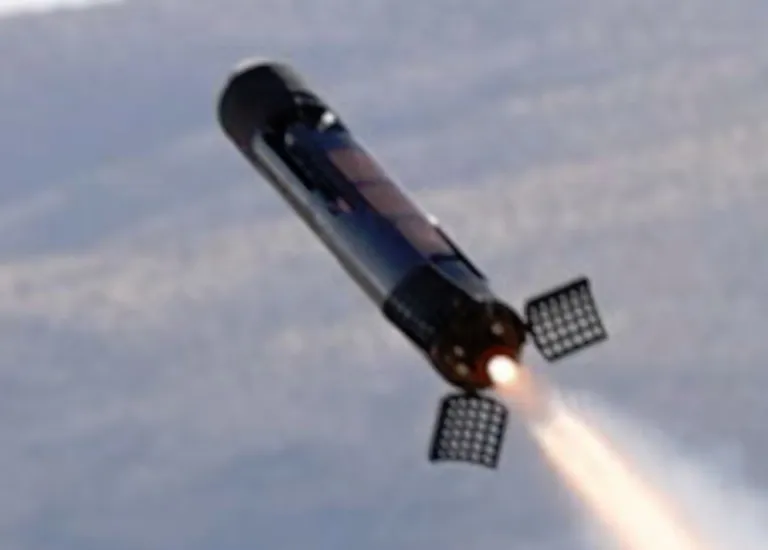
The shift toward multi-role capability is likely due to the pricing policies. While the manufacturer is trying to position Coyote as an affordable counter-UAS weapon, its current price says the opposite. For instance, the Coyote 2C cost $125,000 per unit which is probably comparable to the new versions but reconnaissance variants are expected to be more expensive due to advanced sensors and optics. Reusability, however, could offset their higher price.
Defense Express notes that the use of a Bradley for launch looks somewhat like a conceptual return to the idea behind the M6 Linebacker, which once used Stinger launchers in place of TOW anti-tank systems to provide mobile short-range air defense.
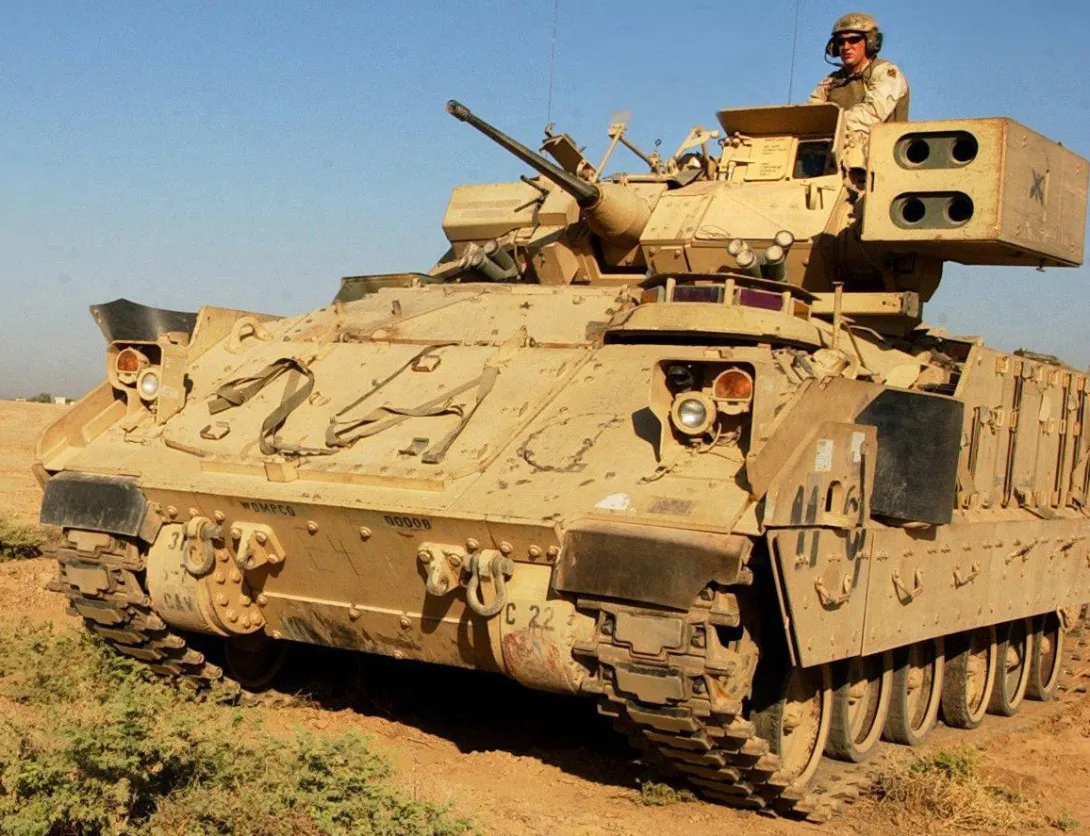
In this case, the Bradley gains the ability to quickly deploy a variety of useful drones providing support for armored units of the U.S. Army. It could also enable swarm tactics where a group of differently configured Coyotes equipped for both target search and destruction, surveillance and jamming, could synergize to complete a complex mission. This is precisely what the U.S. Armed Forces have been looking for.
Compared to its predecessors, the Block 1 and Block 2, which only carried warheads, the Coyote LE SR is structurally different. It features a redesigned body with grid fins, no external stabilizers — and likely retractable wings, because you can see special notches in the photo. All these modifications allow it to fit within the existing TOW launcher tube. It also includes a new solid-propellant motor for launch.
Though detailed specifications remain classified, previous Coyote drones such as Block 2 (though built completely different) had a range exceeding 10 km and speeds up to 600 km/h. It’s presumed that LE SR maintains comparable or improved performance, now paired with multi-functionality.
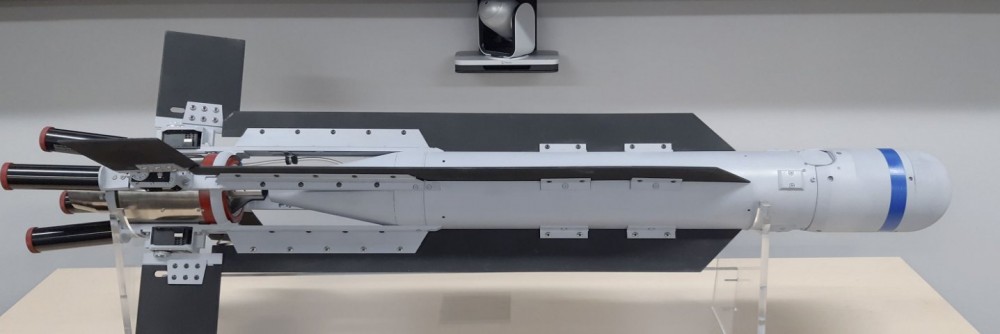
The U.S. Army has been increasingly active in purchasing Coyote series drones: thousands are planned for procurement, as the technology keeps proving effective in combat conditions, with more than 170 kills against enemy drones already attributed to the Coyote family.
Read more: U.S. Navy Eyes Coyote and Roadrunner Interceptors Deployed on Destroyers as the Solution to Houthi Drones




